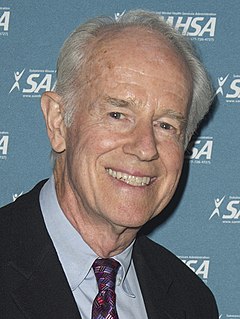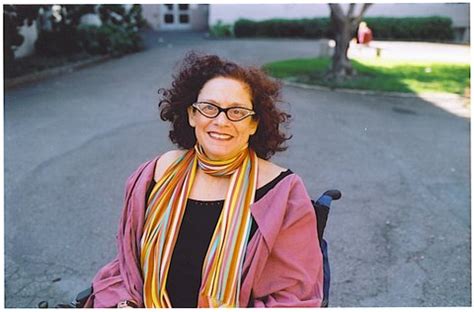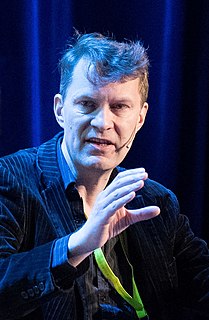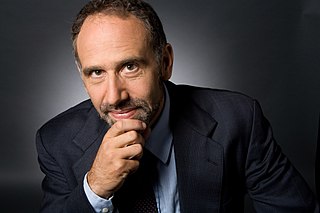A Quote by Bill Ayers
Related Quotes
When I got lucky enough to be successful as an actor, and I got involved in the anti-war stuff and gay rights movement, there was always this thing eating at me about the death penalty, because that was, to me, the bottom line. That was the anti-life - by definition - position, and I didn't understand why we did it.
Richard Nixon was not the lesser evil, he was the greater evil, but in his administration the war was finally brought to an end, because he had to deal with the power of the anti-war movement as well as the power of the Vietnamese movement. I will vote, but always with a caution that voting is not crucial, and organizing is the important thing.
The elites hate to acknowledge it, but when large numbers of ordinary people are moved to action, it changes the narrow political world where the elites call the shots. Inside accounts reveal the extent to which Johnson and Nixon's conduct of the Vietnam War was constrained by the huge anti-war movement. It was the civil rights movement, not compelling arguments, that convinced members of Congress to end legal racial discrimination.






































